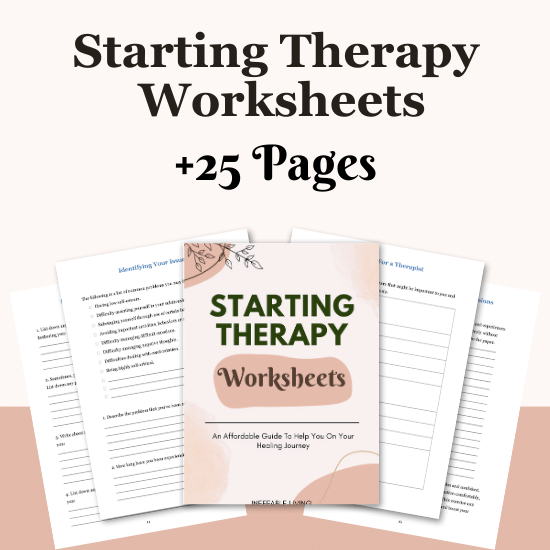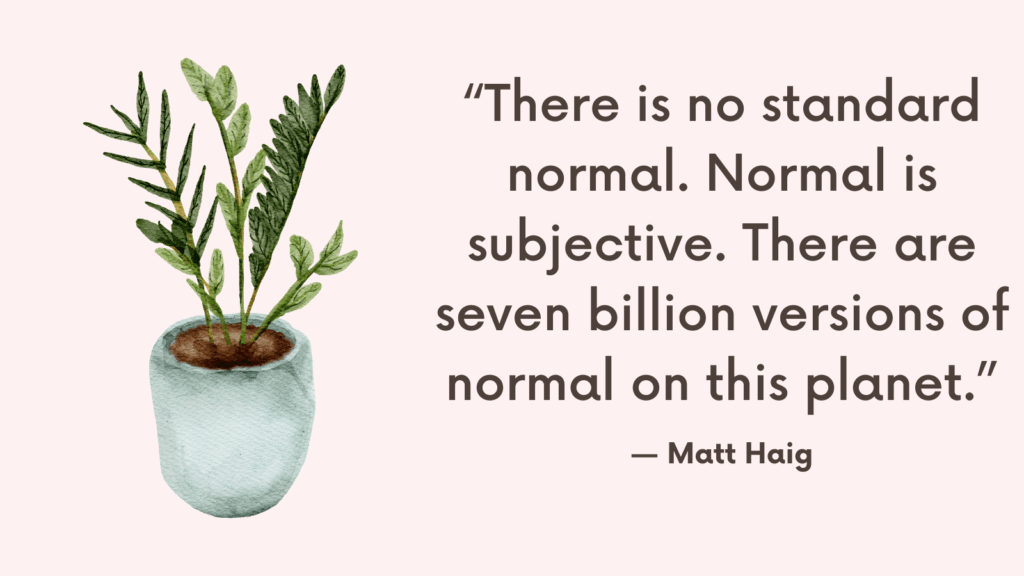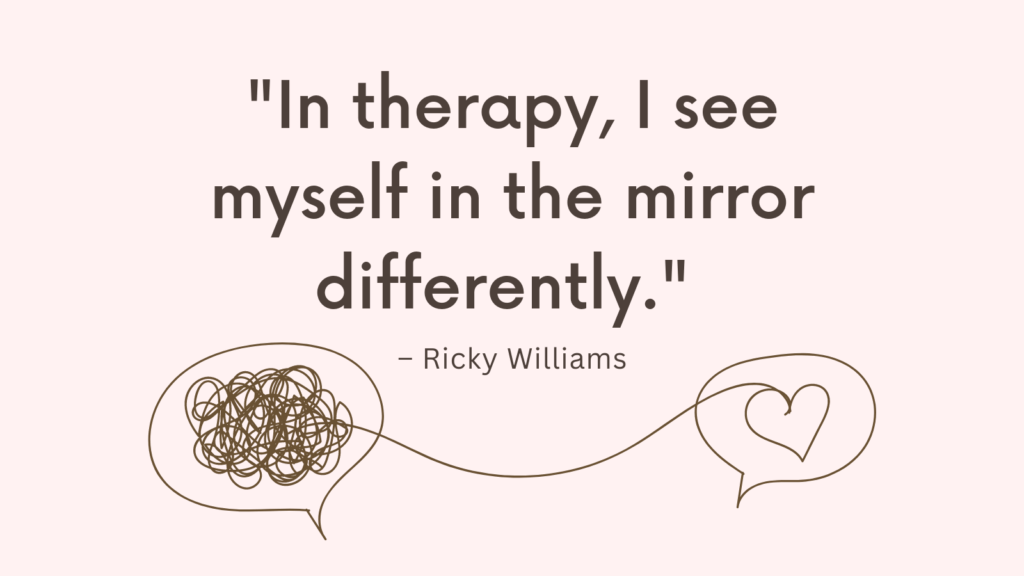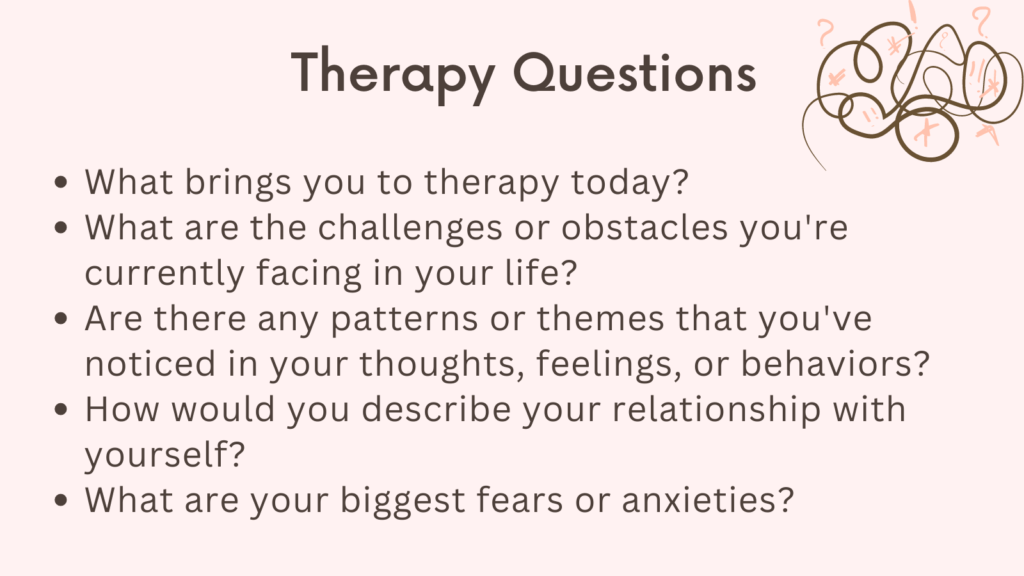Therapy is often described as healing, cathartic, and clarifying — and it can be. But sometimes, you walk out of a session feeling heavier, not lighter. Worse, not better. That doesn’t necessarily mean something went wrong. In fact, it can be part of the process. Here’s how to understand and care for yourself when a session leaves you feeling unsettled.
Why Feeling Worse After Therapy Is More Common Than You Think
Therapy isn’t always a straight line upward. Sometimes, progress feels like emotional turbulence before clarity sets in. Feeling worse doesn’t always mean the session went wrong—it might mean it went deep. This can happen because:
- You accessed emotions you’ve buried for a long time
- You shared something vulnerable for the first time
- You disrupted a belief or pattern that once kept you “safe”
- The session stirred unresolved trauma, grief, or shame
- You finally named something painful—and naming it made it real
Discomfort is sometimes a sign that real work is unfolding.
Related: 8 Things to Avoid Telling Your Therapist
What to Do If You Feel Worse After a Therapy Session
1. Know That This Is Often Normal
Feeling worse after therapy doesn’t mean it’s not working — it can mean it is. Therapy brings buried emotions to the surface, and that surfacing can feel raw before it feels relieving.
2. Name What You’re Feeling
Are you sad? Angry? Numb? Shaky? Just naming the emotion can help you regain a sense of stability and self-awareness. Say: “Right now, I’m feeling ______, and that’s okay.”
3. Remind Yourself That Emotions Don’t Equal Regression
Painful feelings post-session aren’t a sign you’re going backward. Healing isn’t linear — it loops, dips, and unfolds. Trust that discomfort is part of moving forward, not proof of failure.
4. Practice Grounding Techniques
If your nervous system feels activated, try grounding:
- Put your feet on the floor and name 5 things you see.
- Hold something cold or textured.
- Take 3 slow, deep breaths.
These simple acts bring you back to the present.
Related: How to Reach Out to a Therapist for the First Time?
5. Take Gentle, Intentional Action
Do something that soothes — not numbs. Stretch, sip tea, take a walk, or listen to calming music. Choose acts of care that help you reconnect with your body and breath.
6. Reflect on What Was Stirred Up
Did you touch on a memory? A truth you’ve avoided? A fear you haven’t said out loud before? Identifying what triggered the emotional intensity can help you approach it with clarity next time.
7. Journal It Out
Writing helps process emotions. Jot down what came up, how it felt, what surprised you, and what you need. Even a few sentences can help your mind organize what therapy unraveled.
8. Reach Out If You Need Support
Text a trusted friend (you don’t have to explain everything), or let someone know: “I had a hard therapy session. Can we talk or sit together for a bit?” You don’t have to carry it alone.
Related: What To Talk To Therapist About: Top 35 Topics
9. Let Your Therapist Know at the Next Session
They want to know. Saying, “Last time was tough, and I left feeling worse,” isn’t a complaint — it’s a vital part of the work. Your honesty helps them support you more effectively.
10. Trust That Processing Takes Time
Sometimes you don’t feel the benefit of a session until days later. Let the insights settle. Let the emotions move through. Healing doesn’t always feel good in the moment — but it leads somewhere good.
Related: How to Manage Therapy Hangovers?

Conclusion
Therapy isn’t always about feeling better right away. It’s about getting real, and real can be messy. But if you stay with the process — gently, honestly, and with support — those hard moments can become turning points. You’re not doing it wrong. You’re doing the work.



